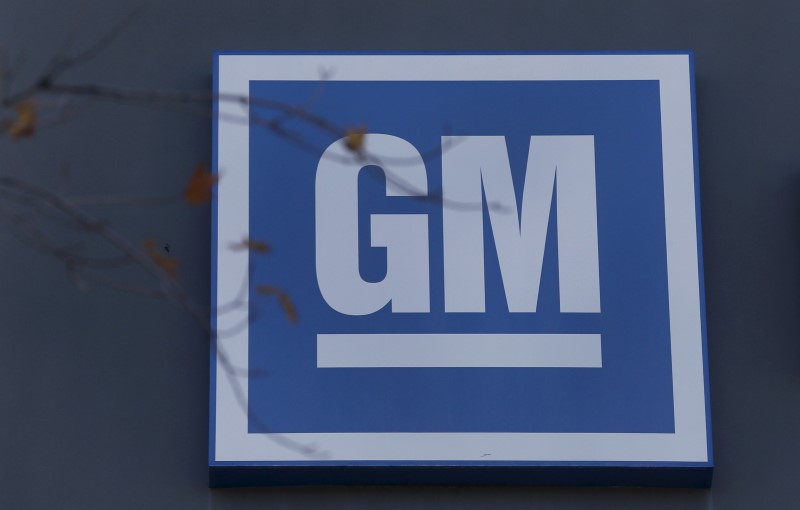SEOUL (Reuters) - The trade union that represents most workers at General Motors Co's (N:GM) South Korea operations said on Tuesday it will contest the U.S. automaker's decision not to build Impala sedans in the country, amplifying tension in labor relations ahead of annual wage talks between management and union.
The union said its leader, Ko Nam-seok, plans to meet GM Chief Executive Mary Barra later this month and protest against a decision that it said "threatens the existence of GM Korea". The union, a branch of the national metalworkers union, claims to represent 14,000 of the GM's South Korea workforce of 17,000.
GM said earlier on Tuesday it won't build the vehicles in the country, but will continue to import the Impala from a Detroit plant, helped by a free trade deal with the United States that has boosted the price competitiveness of imports.
South Korea had for years been a low-cost export hub for GM, producing close to a fifth of its global output. But labor costs in the country have risen by nearly half in just five years, hurting manufacturing competitiveness, GM executives have said.
The union had urged GM to bring Impala production to South Korea to allay its long-held fear that the firm may scale back operations in the country. GM operates four factories in South Korea but has been grappling with low utilization rates at two of them for the past couple of years.
The decision would damage labor relations in the run-up to annual wage talks, the union said. "We will have a prolonged and persistent fight," said one union official, speaking on condition of anonymity, adding the union would not rule out calling workers out on strike.
Capacity utilization rates at GM's factory in the city of Gunsan have suffered since it stopped selling its Chevrolet-branded vehicles in Europe, most of which were shipped from the plant. The company also stopped producing Buick LaCrosse sedans at its second factory in Bupyeong, located near Seoul.

The union had urged the company to move Impala production to Bupyeong, and said on Tuesday it will continue to seek the production of another mid- or large-sized sedan there. The automaker has said it expects its revamped Captiva SUVs and Malibu sedans to help raise Bupyeong utilization rates.